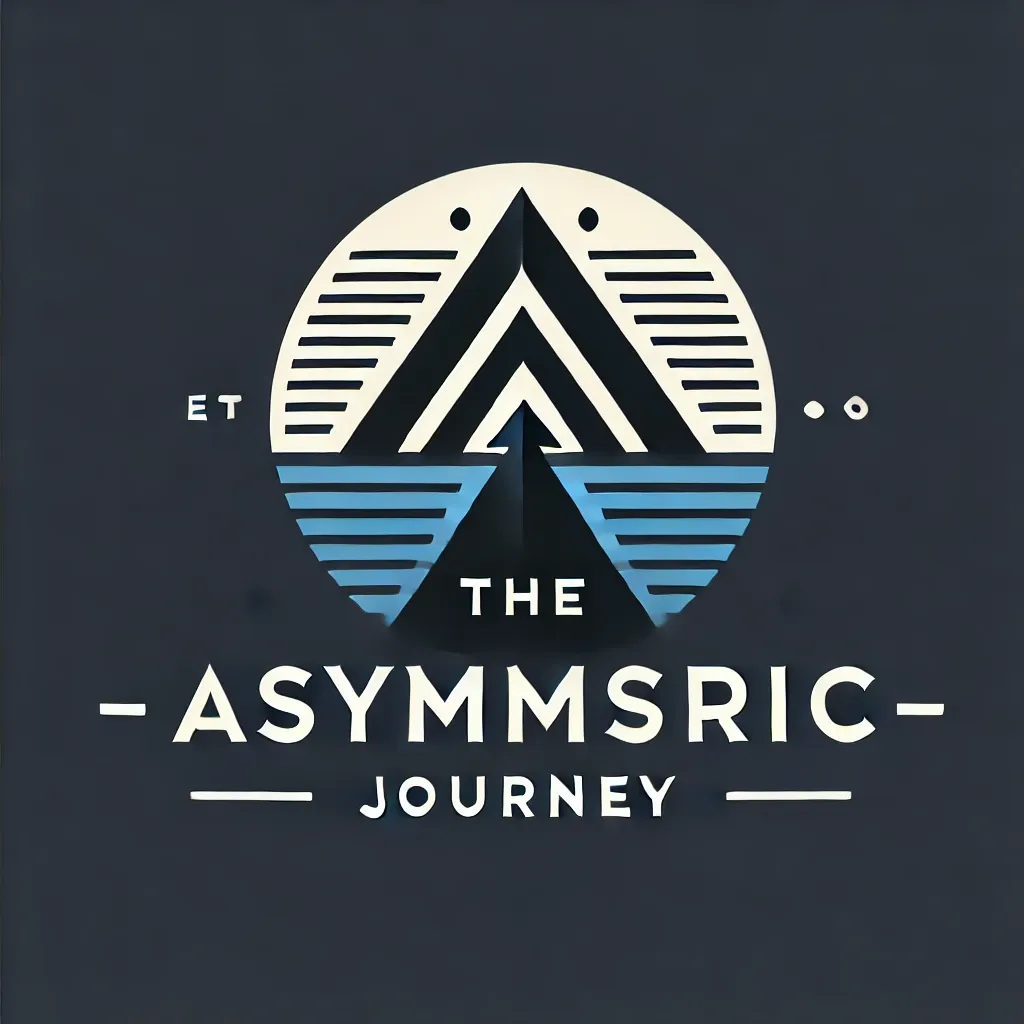Building in public - Step 0
I'm exploring a tool to fix the AI workflow friction Ghost writers face. No more tab-switching and messy copy-pasting. I've outlined the problem, defined my ideal user, and set up interviews to validate demand. Next up: market research. Stay tuned.

Following up on my previous post, I'm going public with every step of the way on my current side project idea.
I've started by giving more definition to the ideas I had in mind and how I would go about testing them. I also defined what I now think is the typical user that would buy my tool.
So, without further ado, here it goes:
Problem Statement
Using AI as an editor or blogger assistant brings significant friction for Ghost users having to switch between tabs, copy-paste text and reformat the content.
ICP
Independent Writers or Writers at small media companies who have already monetised their content and do not need approval to invest in tooling for themselves.
Hypotheses
- Significant amount of Ghost writers report friction with AI tooling due to tab-switching, copy-pasting or formatting issues.
- They are willing to install browser extensions.
- They are willing to invest in AI tools that improve their blogging experience.
Tests and success metrics
Given the hypotheses above are all about discovering people's pains, I must conduct interviews to validate them. I think positive results would be to find that:
- 60%+ of interviewees report friction, and report using browser extensions for their work or being ok with using one.
- 50% of them already pay a subscription to an AI tool and use it for work.
- 75% would be willing to pay for a tool that improves their current experience.
What to ask?
Understanding them
- Who are you?
- Why did you start writing?
- For how long have you been doing so?
- How much time do you put in writing weekly?
- How do you monetise your content?
Understanding their experience
- What's your typical workflow when writing?
- What tools do you normally use to perform your work?
- How do they look like? Are they separate apps, browser extensions, integrations?
- Do you publish elsewhere, potentially in other formats?
- Do you use writing environments other than Ghost's?
How has AI impacted their work?
- What's the biggest friction point with AI?
- What do you use it for?
- What AI tools do you currently use?
- If you could have it do one thing for you, regardless of cost, what would it be?
- How much do you invest in AI?
- How's is it distributed?
- What do you like the least?
Closing questions
- Is there anything you think I should have asked you?
- What would be a game changer for you as a writer?
Sample size
I think I should target at least 20 interviews to get a real feel whether my hypotheses are right.
That means that if at least 12 people give me positive feedback then I'd consider it a good signal to move on to the MVP.
SWOT analysis
Strengths
- Clear, niche audience: Ghost bloggers tend to be more technical or indie-focused—ideal early adopters for productivity-enhancing tools.
- Solving a real pain point: writing consistently is hard; bloggers struggle with idea generation, structure, editing, SEO, etc. AI can directly help.
- Fast MVP path via Chrome Extension: doesn't require backend integration with Ghost; a client-side tool can hook into the editor quickly.
- My skillset aligns well: I understand both the technical implementation and the product-building side.
- Extensible idea: can later expand into a full AI-powered writing workspace, beyond Ghost and/or browser-based tools.
Weaknesses
- Narrow initial user base: Ghost’s market share is relatively small compared to WordPress or Substack.
- Technical limitations of extensions: chrome extensions can be brittle when interfacing with 3rd-party editors—Ghost updates may break your tool.
- AI integration isn't unique alone: many tools now offer AI writing assistants. Differentiation will come from UX and depth of features, not just presence of AI.
- Potential resistance to AI assistance in writing: some Ghost users might be purists and resist "AI-written" content unless your tool is clearly framed as supportive, not substitutive.
Opportunities
- Growing AI creator tooling demand: writers are increasingly open to AI tools that speed up or enhance their process. Especially if they retain full creative control.
- Content marketing & niche SEO positioning: I could become the de facto AI assistant for Ghost bloggers, especially if Ghost themselves remain neutral on AI.
- Upsell paths: free tool → paid plan for advanced features: SEO optimization, tone/style tuning, multilingual support, or "AI-as-editor".
- Network effects via content quality: if users see their writing improve (more views, more clarity, more consistency), they’ll keep using and recommending it.
- Partnership potential: if it gains traction, I could partner or integrate officially with Ghost (or similar platforms).
Threats
- Ghost platform changes: if Ghost changes its DOM/editor structure, your extension could break or need frequent updates.
- Competition from built-in tools: Ghost may eventually release its own AI features, or a plugin ecosystem might emerge.
- AI fatigue / commoditization: AI text generation is becoming ubiquitous; users may lump your tool with countless "AI writer" clones unless it’s clearly differentiated.
- Chrome Extension policy shifts: changes to permissions or Manifest versions (e.g., Manifest V3) could complicate or limit capabilities.
To Be Continued...
In the next post I'll publish my market research, where I'll find out who'd be a potential customer and who else is in the market.
I'll let you know what I find out. Till then!
